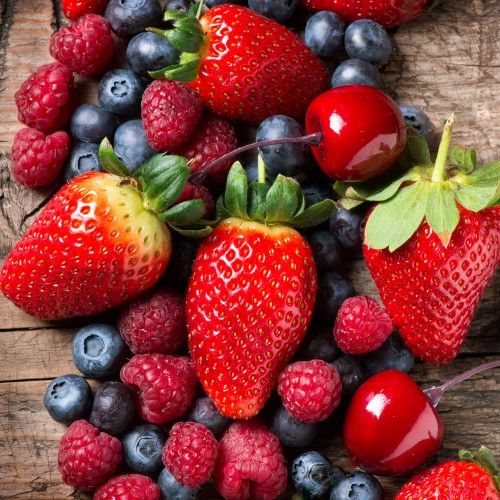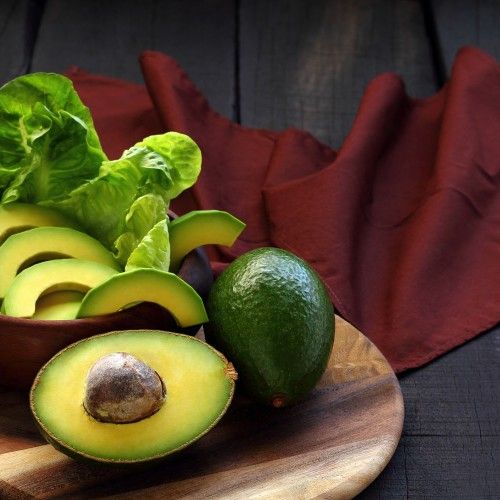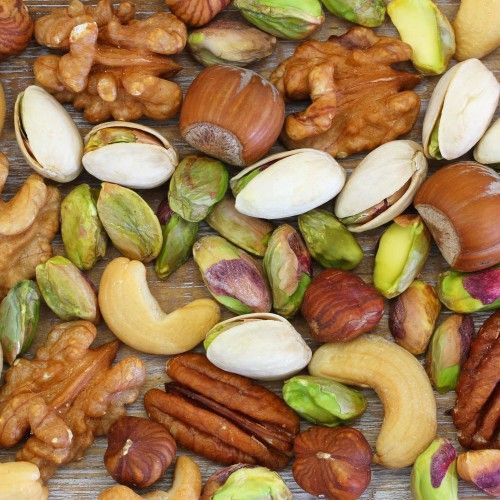
There is a powerful link between food, success and academic achievement.
To perform at your best, ace your Year 12 or university exams and achieve academic success, you need to be in top shape.
The foods you eat have a direct impact on your cognitive performance, levels of energy and general mood, which is why it is so important to make smart decisions about your diet and what you put into your mouth each day. It could make the difference between a sharp brain or a sluggish one. It could make the difference between your being a highly productive and successful student or a listless, anxious and stressed one.
Countless studies have found a correlation between a healthy diet and success and high achievement. What you eat is one of the most powerful influences on everyday brain skills. When you eat healthily, energy and nutrients in the food are delivered via the bloodstream to various parts of the body including the brain. They feed the body enabling it to work at its full capacity and allowing you to achieve the level of success of which you are capable. Memory, attention span, and ability to learn will benefit from the healthful foods you choose.
Benefits of Proper Nutrients
Some of the tangible benefits of eating healthy include:
- mental alertness
- clear thinking
- enhanced mood
- increased energy levels
- focused concentration
- strong mental focus
- improved memory
- less stress
- better sleep.
Brain Foods
For a brain healthy diet eat brain boosting foods.

Blueberries
Blueberries are a great source of antioxidants and Vitamin K, which is known to enhance cognitive function and improve brainpower. The high levels of gallic acid in blueberries are also helpful at protecting the brain from stress.
Studies have shown that diets rich in dark fruits such as blueberries significantly improve learning capacity and build healthy connections between brain cells.
Other dark fruits include: blackberries, cherries, prunes, raisins, raspberries, plums and cherries.
Eat it: Daily, added to yogurt, oatmeal, or cereal for breakfast or an afternoon snack.
dark fruits such as blueberries, cherries, prunes, raisins, raspberries, plums and cherries.

Avocados
Avocados are almost as good as blueberries in promoting brain health. They are rich in monounsaturated fat, which contributes to healthy blood flow to the brain. Healthy blood flow means healthy brain. Consumption helps improve cognitive function, especially both memory and concentration.
Eat it: Add just 1/4 to 1/2 of an avocado to one daily meal as a side dish or in a salad.

Leafy Green and Cruciferous Veggies
Dark vegetables such as kale, broccoli, and spinach help keep your memory sharp, and influence cognitive ability like understanding and processing new information, and ability to stay focused on a task. They are full of antioxidants which are powerful brain protectors. Green leafy vegetables are also loaded with calcium, which helps the brain use tryptophan to manufacture melatonin.
Eat it: Daily, by adding generously to salads, stir-fries and side dishes, or as part of a balanced mix of other coloured vegetables.

Deep Water Fish
Seafood like salmon, tuna, mackerel, and sardines are rich in omega-3 essential fatty acids, powerful and versatile nutrients that are essential for a healthy mind and brain function. These omega-3 fatty acids help keep your brain running smoothly and improve memory.
Researchers at the University of Pittsburgh, found that adults under age 25 who increased their omega-3 intake over six months improved their scores on tests measuring working memory.
Eat it: Two to three times a week.

Nuts and Seeds
Walnuts, Almonds, hazelnuts, brazil nuts, pecans, sunflower seeds and other nuts are super healthy. They are great natural sources of protein and vitamin E, antioxidants and minerals which can improve cognitive performance and mental alertness. Walnuts also have their own melatonin, the “body clock” hormone that sets your sleep-wake cycles whilst almonds are rich in magnesium, a mineral needed for quality sleep.
Eat it: 30g (a small handful) a day of mixed nuts or any of the nut varieties.

Dark Chocolate
Sweeten your brain-boosting diet with the dark kind (at least 70% cocoa); it contains flavonoids, another class of antioxidants that some research links to brain health. Other flavonoid-rich foods include apples, red and purple grapes, and tea. The rule of thumb is the darker the chocolate, the more health benefits.opt for a minimally processed dark chocolate with at least 70 percent of cocoa. This ensures you’ll get your choco fix and its brain benefits!
Eat it: Up to half an ounce daily. Opt for a minimally processed dark chocolate with at least 70% of cocoa.
If you’re serious about achieving top academic performance, making intelligent decisions about food is essential.
